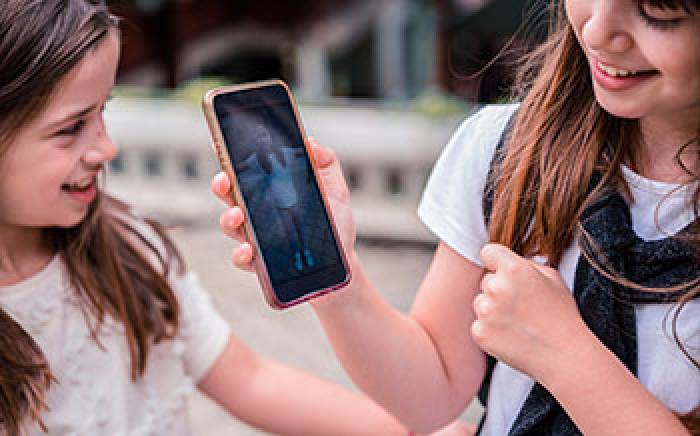Many teenagers are turning to energy drinks as a way to stay awake and alert during school and sports, but these drinks may be doing more harm than good.
Despite the fact that some energy drinks carry labels explicitly stating they are “not recommended for children,” between 30 and 50 percent of adolescents consume these beverages anyway, according to a study in the journal Pediatrics.
A Jittery Jolt
In addition to excessive amounts of sugar (some cans contain as many as 27 teaspoons), energy drinks contain high levels of caffeine. Consuming too much caffeine can cause dizziness, headaches, insomnia, dehydration and anxiety. It’s also possible for teens to build up a tolerance to the stimulant, and a larger amount becomes necessary to achieve the same wakeful results.
Excessive caffeine in energy drinks has also been linked to more serious and sudden health complications in adolescents, including blood pressure problems and heartbeat disturbances. In addition, energy drinks may negatively affect the development of teens’ cardiovascular and nervous systems.
How Much Is Too Much?
According to the Centers for Disease Control and Prevention, children between the ages of 12 and 18 should not consume more than 100 milligrams of caffeine a day—about the amount you would find in a cup of coffee. While some energy drinks have a similar amount of caffeine per 8-ounce serving, many are sold in 16-ounce (or larger) cans.
If your child is drinking more than 100 milligrams of caffeine a day, she might need some help cutting back. Caffeine withdrawal symptoms, such as headaches, irritability and nausea, might develop if a child tries to quit cold turkey or restrict consumption too severely. Reducing caffeine intake over the course of a few days or weeks can limit these side effects.
The bottom line? Getting adequate amounts of rest, training safely for sports and studying are the most effective and safest ways for teenagers to improve their performance on the field and in the classroom. Energy drinks are not.
Counting Caffeine
Do you know how much caffeine your teen is drinking on a daily basis? Does he? You’d be surprised how easily the numbers can start to stack up. Here’s the amount of caffeine you’ll find in popular beverages:
- Black tea (8 ounces): 14–70 milligrams
- Brewed coffee (8 ounces): 95–200 milligrams
- Cola (12 ounces): 23–35 milligrams
- Energy drink (8 ounces): 70–300+ milligrams
- Energy shot (3 ounces): 200–300 milligrams




